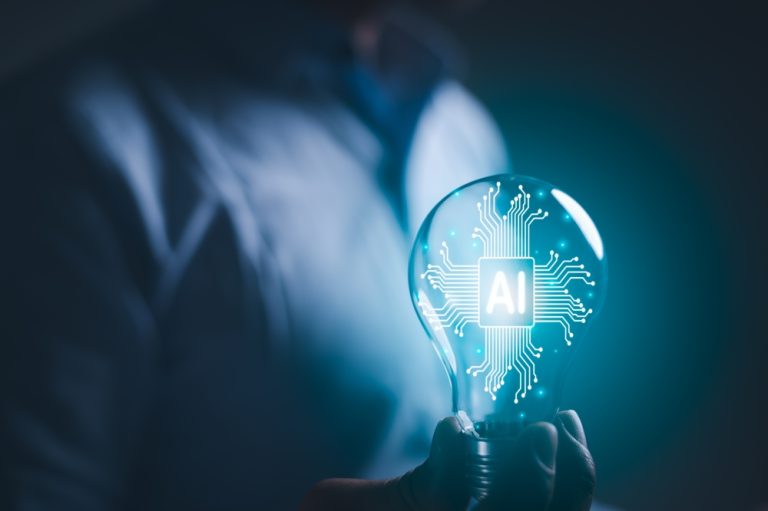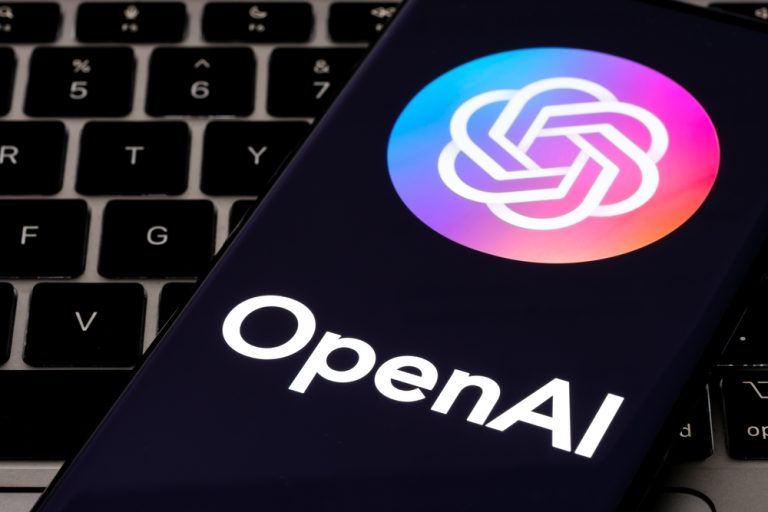YouTube is charting a new course in digital music creation with its latest artificial intelligence endeavour, ‘Dream Track.’ This cutting-edge tool allows users to generate short songs that echo the vocal stylings of pop icons such as Demi Lovato and John Legend. Dream Track’s innovative approach enables users to shape tracks by specifying lyrical themes and the desired emotional undertone. Among the nine pioneering artists lending their voices to the AI’s database are Charli XCX, Troye Sivan, T-Pain, and Sia, signalling a bold move in collaborative technology.
The current phase of the experiment targets about 100 U.S. creators, confining Dream Track’s application to YouTube Shorts, the platform’s answer to the TikTok phenomenon. YouTube has showcased the tool’s capabilities with samples emulating Charlie Puth and T-Pain. Although the imitations betray their digital origins with imperfections, they retain the essence of the artist’s hits, demonstrating AI’s potential and current limitations in music production.
Lyor Cohen, YouTube’s head of music and a luminary in the industry, underscores the experimental nature of Dream Track, viewing it as a platform to “test, learn, gain feedback, and hear ideas.” Cohen, whose storied career includes launching titans like Run-DMC and the Beastie Boys, envisions the tool forging “deeper connections between artists and creators, and ultimately, their fans.”
However, YouTube’s leap into AI-driven content comes with controversies, especially concerning copyright issues and creative integrity. Universal Music’s recent objection to AI-generated songs featuring Drake and The Weeknd’s voices reflects the industry’s cautious stance. Yet, industry leaders like Universal’s Lucian Grainge advocate for a proactive engagement with technology, hinting at a future where AI is integrated responsibly into the creative fabric of the music industry.
Artists themselves are navigating this new landscape with a blend of curiosity and caution. Charli XCX admits to her cautious optimism about AI’s transformation, while T-Pain and Demi Lovato emphasize the importance of artists shaping this emergent technological domain.
The focus on cloned voices may overshadow Google’s other AI music ventures, including a humming-to-instrumental conversion tool. Still, one thing is sure: AI-generated content will be distinctly marked, maintaining transparency in this new digital symphony.
As YouTube’s Dream Track ventures into the harmony of AI and artistry, it embodies the complexities and excitement of a new era in music production. The tool reflects the current technological capabilities and opens up a dialogue about the future of creative rights and artist engagement with AI. With the voices of pop stars now in the digital mix, the stage is set for an ongoing conversation about the role of AI in the music industry, resonating with the notes of innovation and the rhythms of caution.
























+ There are no comments
Add yours